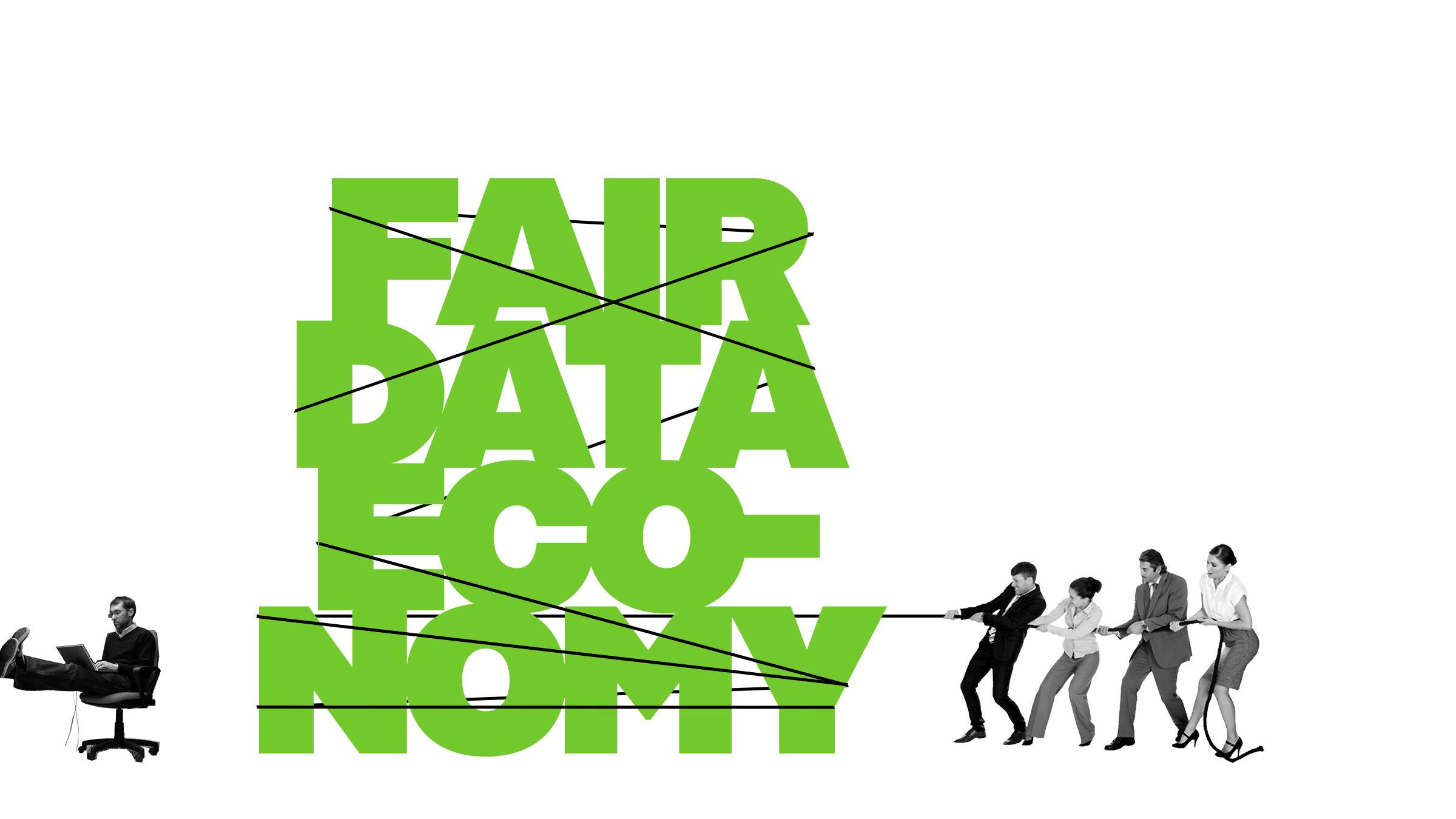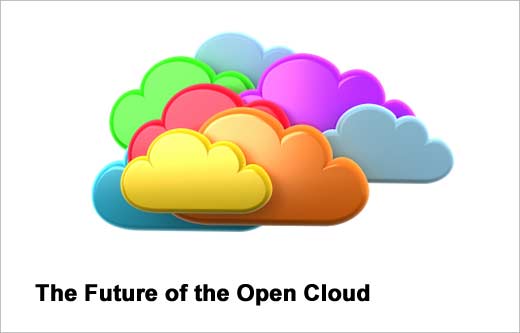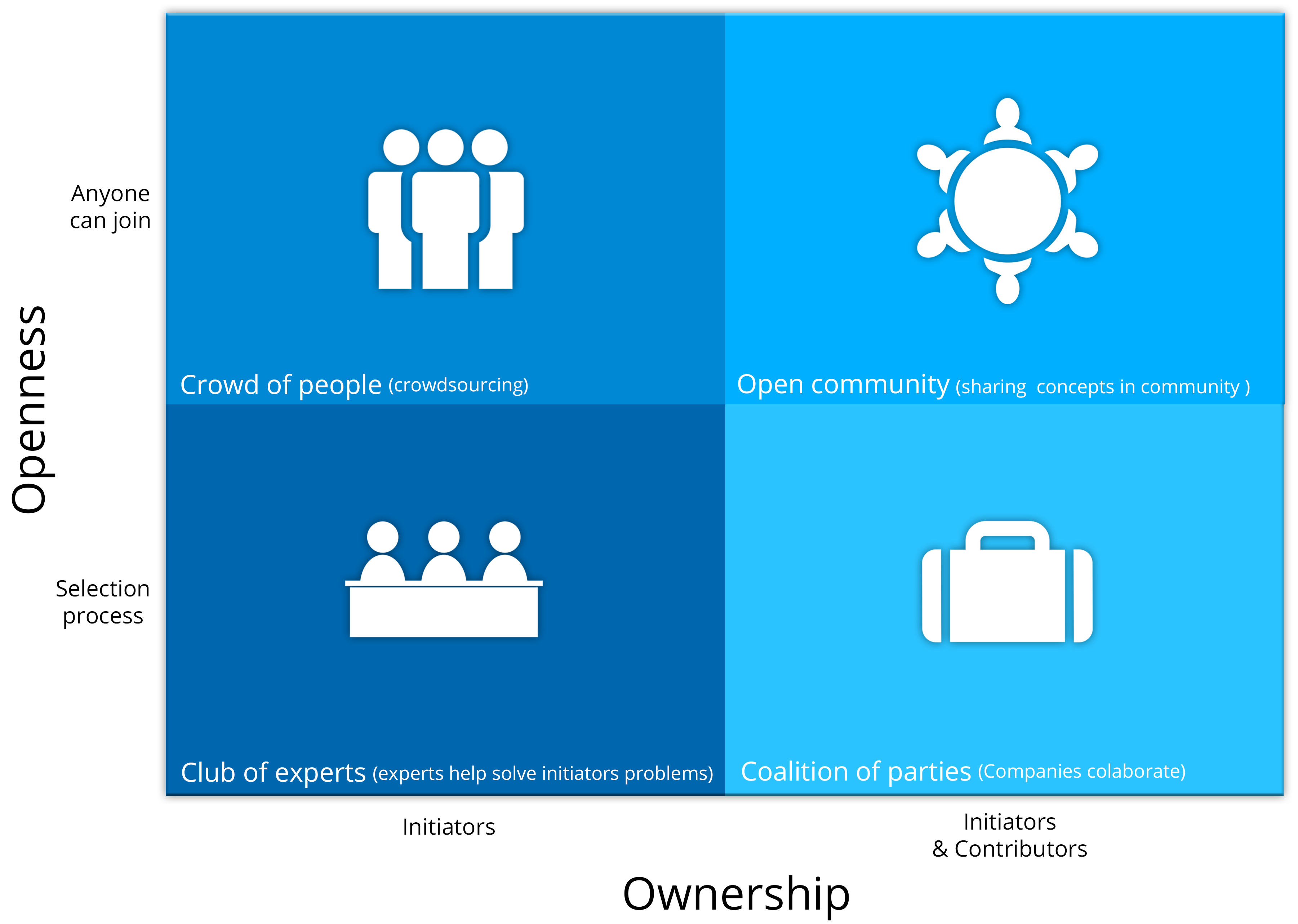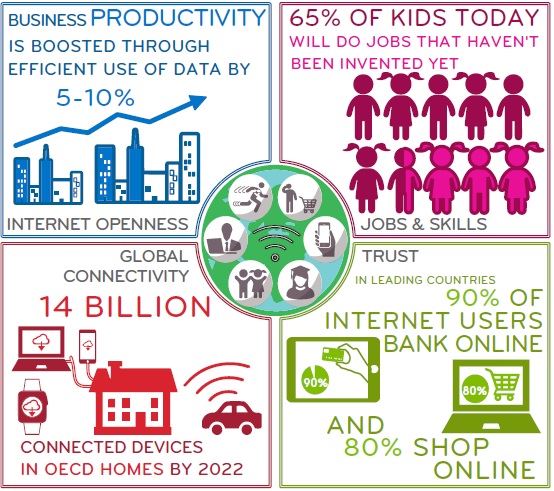Why freeing Windows 7 opens doors
Since its launch on January 24th, we’ve had an overwhelming amount of support in our call to “upcycle” Windows 7. Truthfully, the signature count flew far faster than we ever expected it to, even despite our conservative (if aptly numbered) goal of 7,777 signatures. We have seen the campaign called quixotic and even “completely delusional,” … Read more









